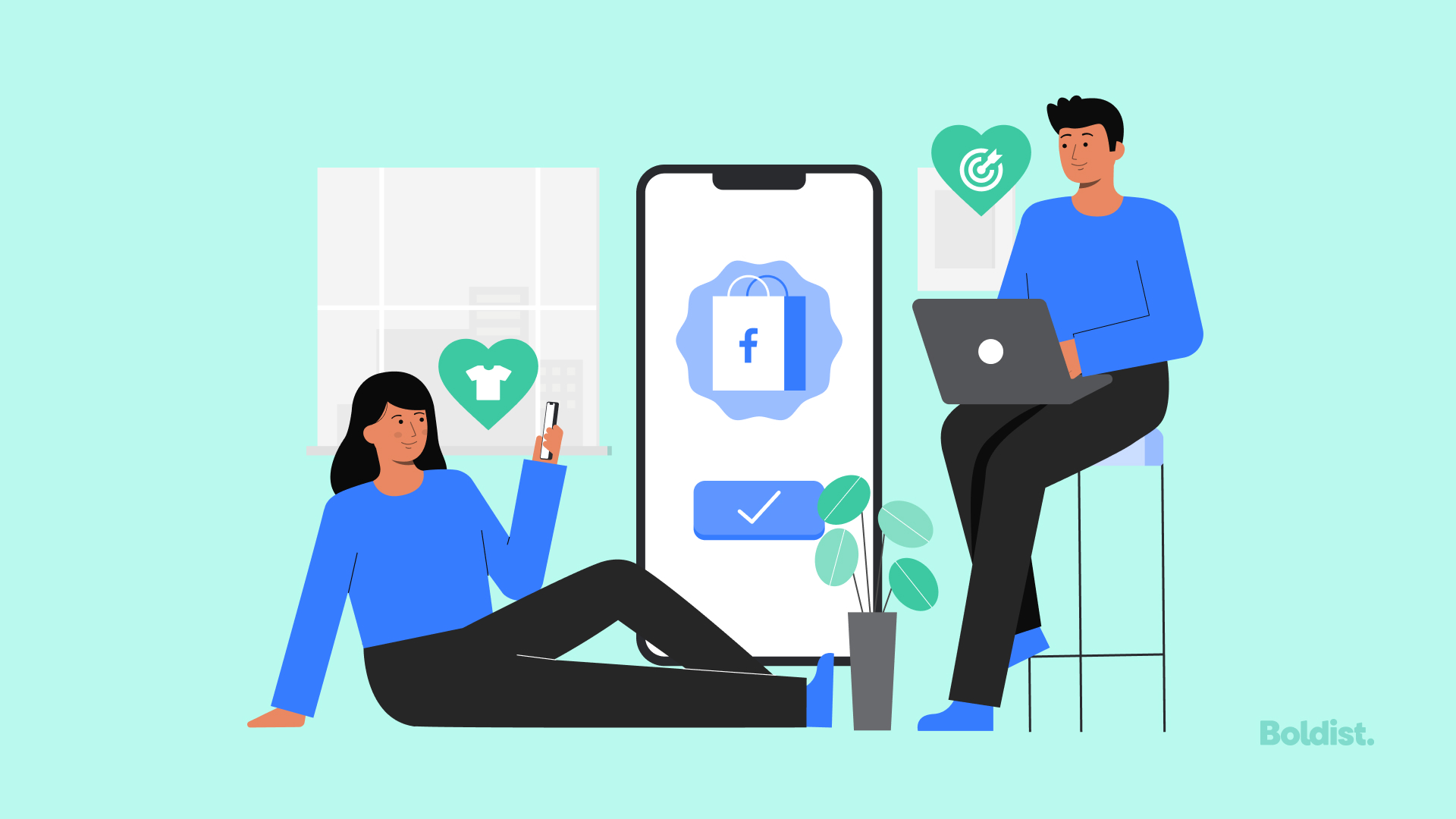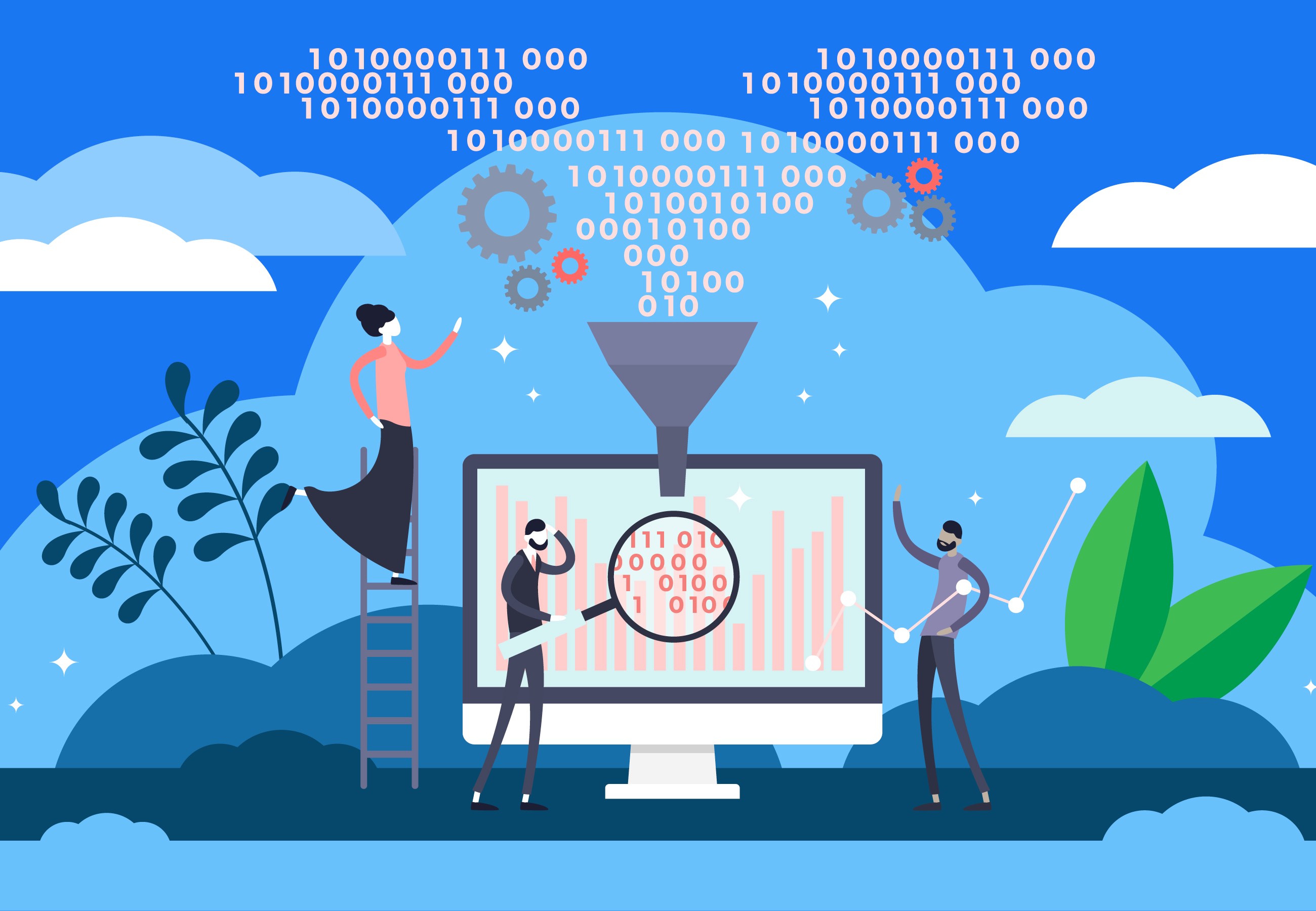We spend a lot of time on Facebook and on Facebook products, and the company is able to glean a lot of information from all of this time and activity. For example, Facebook ‘likes’ can predict your race, religion and sexual orientation.
But there are other ways that Facebook is able to collect information on us, and whether you are a business owner or a consumer, you should be aware of how and why Facebook collects your data, what you can do to control it, and how you might stand to benefit from the practice.
How Facebook Collects Data
Engagement
A lot of the data Facebook collects is information we readily give them by including it on our Facebook page, in posts or in comments. But Facebook is also able to learn more about you by other forms of engagement, including likes of other pages or posts, comments, messages, even dwell time and whether you watched a video with the sound on or off.
These metrics of individual user engagement are how Facebook keeps being Facebook. They are used to measure user behavior and predict patterns and interests; to build personality profiles that benefit advertisers and to target specific audiences with tailored content that keeps them on the app longer.
But the practice of data capture has been exploited by third-party apps. Famously, in 2016, “tens of millions of Facebook users’ data were captured and (mis)used in an attempt to influence them during the 2016 US presidential election.” The app that Cambridge Analytics developed not only pulled a large amount of information from their users’ Facebook profiles, but gathered a lot of data from users’ entire friend networks as well.
Biometrics
Facebook also collects biometric data from user photos and has been training its facial recognition AI system, DeepFace, to recognize individuals and let users know when a photo of them has surfaced online.
Facebook Pixel
Facebook also collects information from websites that have installed the Facebook Pixel, which benefits website owners, marketing teams, advertisers and, of course, Facebook. Knowing how users act on websites that aren’t Facebook gives Facebook insight into which users are frequent online purchasers, high spenders and committed customers, as well as what kind of products they are actively interested in and researching for a future purchase.
WhatsApp and Other Facebook-Owned Properties
Facebook isn’t the only Facebook product. They also own Instagram, Messenger, WhatsApp, Portal, Oculus, Facebook Shops and Spark AR. There are a lot of places for Facebook to collect and monetize your data.
In fact, with the regulatory authorities of GDPR, the German authority on data privacy, The Hamburg Commissioner for Data Protection and Freedom of Information (HmbBfDI), has just recently issued an injunction preventing Facebook from processing personal data from WhatsApp.

What Kind of Data Can a Website Owner Access
If you have a website, you should have the Facebook Pixel installed, especially if you’re in ecommerce. Not only will you get the most out of your Facebook and Instagram advertising by seeing what actions users are taking on your website, but you can benefit from Facebook’s insight into users’ desires with in-market targeting that helps you build an audience of people looking for what you offer. It can also help you target high spenders or frequent online buyers – people that might be more ready and willing to make a purchase online.
There are several ways to understand your audience in the context of your social media pages and advertising campaigns and fine-tune targeting to meet your campaign goals.
Facebook also has its own analytics platform. Though Facebook is removing its Facebook Analytics dashboard on June 30th, 2021, there are still more ways to view this data including in Business Suite, Ads Manager and Events Manager. You can also view this data with third-party tools like Sprout Social.
The benefit of Facebook Analytics is that it measures individuals over ‘hit’ or ‘session’ level data like Google’s Universal Analytics. Maybe the removal is a response to Google releasing GA4, which also focuses on individual users behavior rather than hit data.
How the Facebook Pixel Tracks Data
The Facebook Pixel is a snippet of code that sits in a website’s header and collects session data. This data is collected for future reference, either to report back to the site owner key events that took place or to build a profile of the users and their activities on websites.
As a user, you might go to a website and add a bunch of stuff to the cart but never actually complete the purchase. If Facebook can also attribute your session on that website with your Facebook user profile, they have even more information on you. What the Facebook pixel knows from your site interaction is the value of your cart total and the exact products you were looking at. When you return to Facebook, you might be retargeted by the company to complete the purchase of products in your abandoned cart or targeted with ads for similar products. You will also have contributed to the targeting group profile that Facebook is building, so they can advertise to people like you with products you are interested in.
Who Benefits From All This Data?
We all do.
Better Data = Better Personalization
We benefit as consumers because as uncomfortable as it feels to contribute all this information to Facebook, and to recognize the lack of privacy regarding our online shopping sprees, it is useful to be targeted with ads relevant to what we want. For example, I have been looking for new shirts to wear to the office after lockdown. I’m engaging with a lot of ads that show shirts, and in return, I’m targeted with even more ads showing shirts, providing me with more choices relevant to what I am actively looking for.
Businesses benefit because they are able to target their advertisements to a narrower audience of people interested in what they offer. They can keep advertising budgets lean while capitalizing on good results from niche marketing. The low cost of entry for personalized ads means that advertising is accessible to smaller businesses, and the success rate means that businesses can benefit as they scale, so large businesses with millions of dollars in ad spend can also have success on the platform.
And, of course, Facebook benefits. Advertising is how Facebook brings in all its revenue. Developing an environment where advertisers are successful ensures advertisers spend more money, and using all the data and metrics that Facebook collects to keep people on the platform ensures that people stay on Facebook for longer periods of time, so they can see even more ads.
What Kind of Data Can a Consumer Control
Facebook has recently been having a back and forth with Apple as Apple rolls out the iOS 14.5 software update that lets users opt-out of the kind of tracking that sustains Facebook in its current iteration.
Apple wants to make data tracking more transparent and controllable to the users of Apple products and allow users to opt-in to any tracking taking place. Facebook benefits when people can’t peek behind the curtains and are automatically opted-in.
So right now, if you’re an Apple user, you have the ability to opt out of the way the Facebook App tracks you. But there is no way to opt-out of the activity that the Facebook Pixel collects during your site visits.
As per GDPR compliance guidelines, in Europe, websites are required to have your consent to track your data. So if you’re visiting a website that is GDPR compliant, you might have the option to turn off the Facebook pixel in their cookies banner.
If you’re looking to add a way for users to opt out of being tracked by the Facebook Pixel on your website, you will need to develop an opt-out function for your website.
I’ve outlined here the ways data collection benefits both consumers and businesses, although, yes, it has several flaws concerning privacy and liability. One way Google is addressing this is by changing the way they collect data in an experiment called the Federated Learning of Cohorts.
Learn more about how Google collects and uses user data.

